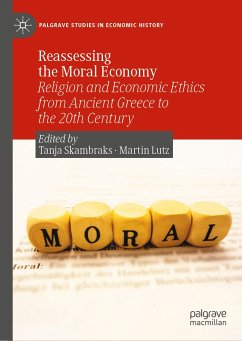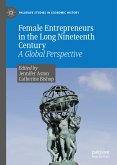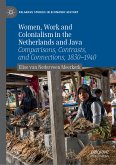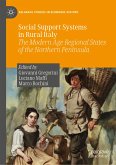This book aims to provide insight into how moral thinking about the economy and economic practice has evolved from a long historic perspective. It will be relevant to students and researchers interested in economic history and cultural economics.
Tanja Skambraks is Professor of Medieval History at Karl-Franzens-University Graz, Austria. Her second book is about "Charitable Credit: the Monti di Pietà, Franciscan Economic Ethics and Poor Relief in late medieval Italy (15th and 16th century)". Her research and publications focus on economic and social history, especially financial and banking history as well as methodology, material culture and the history of rituals.
Martin Lutz is a socialand economic historian at Humboldt University of Berlin. He has published on German-Soviet economic relations, the transnational Siemens family and its globalization strategies in the 19th century and German exploitation of Ukraine during World War II. His current work looks at religion in modern capitalism.
Dieser Download kann aus rechtlichen Gründen nur mit Rechnungsadresse in A, B, BG, CY, CZ, D, DK, EW, E, FIN, F, GR, HR, H, IRL, I, LT, L, LR, M, NL, PL, P, R, S, SLO, SK ausgeliefert werden.









